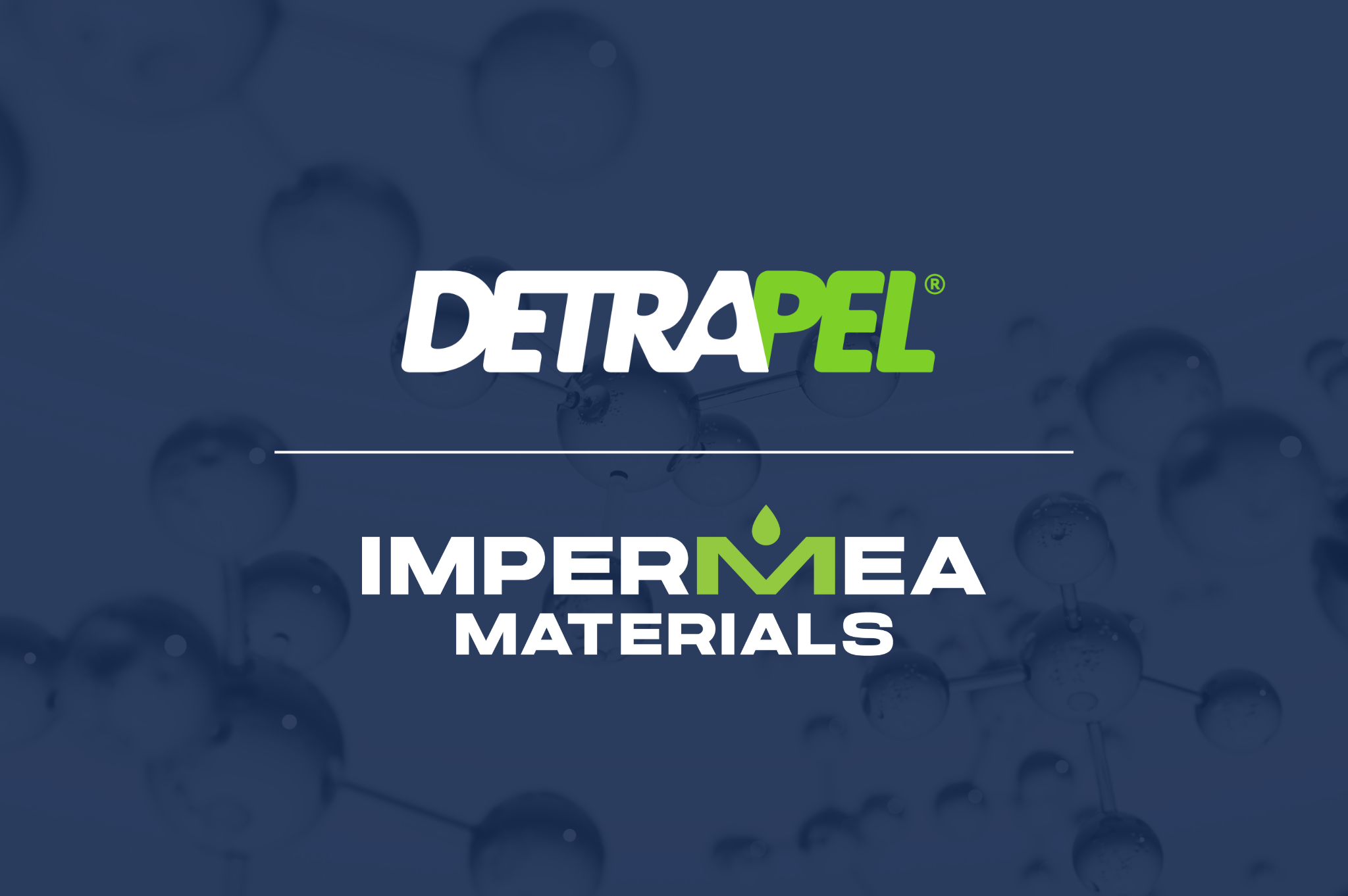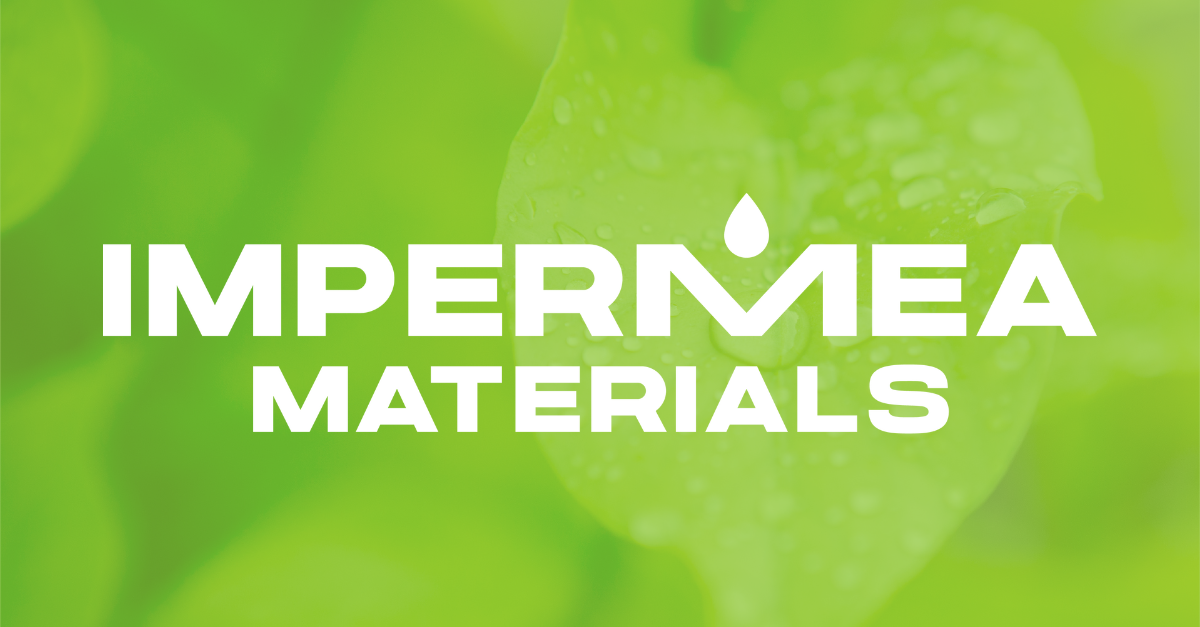Supply chains are the intricate threads that weave the fabric of modern manufacturing, ensuring products reach the consumers’ hands. However, a hidden challenge lies beneath the web of suppliers and distributors that can disrupt this balance and compromise consumer safety; this unexpected culprit is PFAS or Per- and polyfluoroalkyl substances.
Unraveling the Threads of Supply Chain Disruptions
Supply chain disruptions can occur due to various factors, such as natural disasters, geopolitical tensions, and global pandemics. These disruptions can lead to shortages of critical goods, price inflation, and factory closures while affecting national economic well-being. Due to this, the unintended presence of PFAS in supply chains creates a hidden change in an interconnected global economy.
PFAS: The Unseen Intruder
Per- and polyfluoroalkyl substances (PFAS) are a group of human-made chemicals used in various industrial and consumer applications due to their unique properties. These properties include being resistant to heat, water, and oil, making them valuable to manufacturing products such as textiles, food packaging, and electronics. But PFAS come with undesirable characteristics as PFAS chemicals do not break down in the enviroment, leading to their acclimation in our soil, water, and living organisms. Alongside PFAS’ ability to contaminate raw materials or manufacturing processes, even when companies do not intentionally utilize them.
Unintended PFAS Presence
The intricate nature of the supply chain creates vulnerabilities that can enable PFAS contamination to occur. Countless instances exist where companies have discovered that their products contained PFAS despite never using the product or manufacturing with PFAS chemicals. Lack of transparency in supplier practices and materials, limited testing and regulation, and use of contaminated raw materials can all contribute to the unintended presence of PFAS in products. Whether it’s food packaging leaking PFAS into the food or textiles exposing consumers to these chemicals, these cases highlight the potential health and environmental risks associated with unknowingly incorporating PFAS into products.
Building Resilience Against PFAS Contamination
To mitigate contamination of PFAS chemicals in the supply chain, companies must take proactive steps to limit contaminations. Companies can take many steps to stop the potential contamination of PFAS and other factors, such as:
Supplier Vetting: Ensuring suppliers adhere to strict PFAS-free practices and quality control measures.
Enhanced Testing: Implementing rigorous testing procedures to detect PFAS presence in raw materials and products.
Transparency: Demanding transparency in supply chain practices, disclosing PFAS content, and reassuring stakeholders.
Innovation: Collaborating with like-minded companies to develop and adopt PFAS-free alternatives.
Embracing a PFAS-Free Future
Companies are compelled to take action as anti-PFAS legislation continues to gain support and pass on state, federal, and international levels. There are already instances of companies being penalized for containing PFAS chemicals, and not being aware of their presence didn’t make a difference. By prioritizing supply chain resilience and embracing PFAS-free solutions, companies can navigate the hidden challenge of PFAS contamination, ensuring their products' safety and customers' trust. The supply chain goes beyond the visible disruptions–it’s about safeguarding quality, compliance, and trust.
Impermea Material’s bold step towards providing 100% PFAS-free and fluorine-free solutions signals a turning point in the quest for safer, more sustainable products. In a landscape where supply chain disruption can unknowingly introduce harmful chemicals, Impermea Materials’ commitment to innovation demonstrates that progress need not come at the expense of health, the enviroment, or performance. By embracing these groundbreaking coatings, companies can align their values with those of responsible manufacturing, ensuring a future where products are functional and free from hidden risks. Impermea Material’s journey is a testament to the transformative power of innovation and its immense impact on industries, consumers, and the world we all share.
Impermea Materials, formerly known as DetraPel Industrial, is an advanced materials company based in Massachusetts that synthesizes and manufactures the highest-performing barrier solutions, which are PFAS-free and plastic-free. Our paper & paperboard packaging product line allows customers to unlock repulpable, recyclable, compostable, and PFAS-free product innovation. We offer customizable oil & grease resistant (OGR), moisture/water vapor transmission barrier (MVTR), fan-apart adhesives, and release coatings enabling customers to win new business and gain additional market share. Our products replace existing coatings that do not allow materials like paper to replace plastic due to a lack of performance. Traditional solutions in the market are facing regulatory action due to PFAS, Plastic, or other less sustainable materials. Our solutions provide an offering that genuinely outperforms legacy technologies without sacrificing the sustainability you need.



